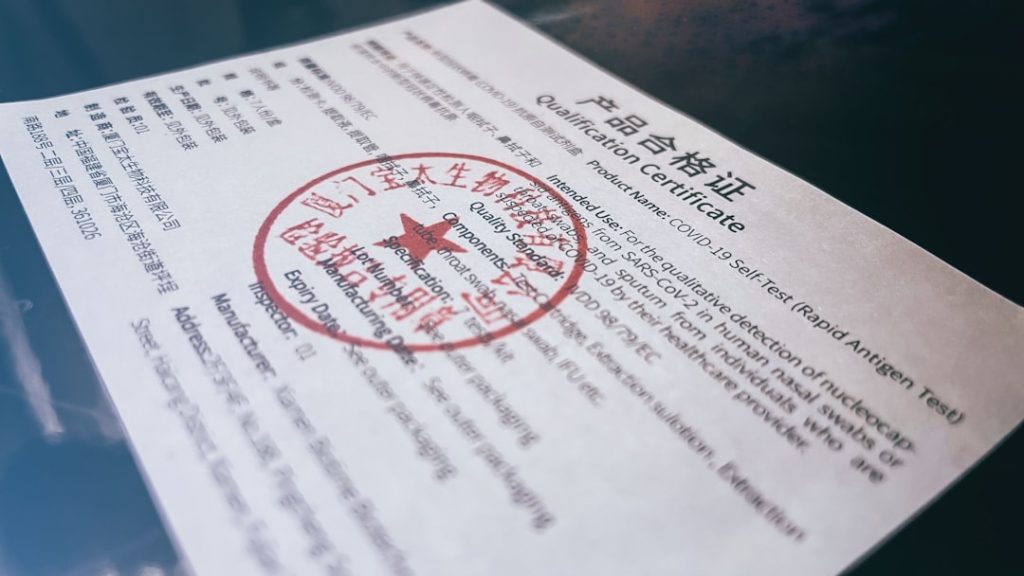In today’s knowledge-based economy, intellectual property (IP) has become one of the most valuable assets a business or individual can possess. Whether it’s an innovative product design, a catchy brand name, or a novel software application, protecting these assets is essential to maintaining competitive advantage. This is where licensing agreements come into play. Licensing is not just about granting someone else the legal right to use your IP—it’s also a strategic tool to generate revenue while retaining ownership.
What Is a Licensing Agreement?
A licensing agreement is a legal contract in which the owner of IP (the licensor) grants permission to another party (the licensee) to use the IP under certain conditions. This agreement outlines the scope, duration, and terms of use, helping to ensure that both parties benefit from the arrangement.
There are several types of IP that can be licensed:
- Copyrights – for literary and artistic works, including books, music, and software
- Trademarks – for business names, logos, slogans, and brand identity
- Patents – for inventions and new technologies
- Trade secrets – for proprietary processes and confidential information
Why Licensing Agreements Matter
Without a formal licensing agreement, your IP can be copied, misused, or even claimed by others. Here’s why having one is essential:
- Legal Protection: A licensing agreement serves as a legally binding document that protects your rights as the IP owner.
- Control: You decide how, where, and for how long your IP is used.
- Monetization: Licensing allows you to generate passive income through royalties or fees.
- Expansion: Through strategic licensing, businesses can grow into new markets without spreading themselves too thin.
Key Elements of a Licensing Agreement
A well-drafted licensing agreement should include the following essential components:
- Identification of Parties: Clearly state who the licensor and licensee are.
- Scope of the License: Define what is being licensed and any geographical or usage limitations.
- Duration: Specify how long the agreement will last and the terms for renewal.
- Payment Terms: Outline the royalty structure, upfront fees, or any other type of compensation.
- Quality Control: Set performance standards or product quality guidelines to maintain brand reputation.
- Termination Clause: Describe the conditions under which either party can end the agreement.
Common Mistakes to Avoid
Whether you’re drafting or entering into a licensing agreement, be cautious of these frequent pitfalls:
- Overly Broad Terms: Ambiguity can lead to misuse or loss of control over your IP.
- No Exit Strategy: A lack of a clear termination clause can create legal complications down the line.
- Ignoring Territory Limits: IP laws vary across countries, so it’s important to clearly define the regions covered.
- Failing to Register: If your IP isn’t registered, it may not be adequately protected under the agreement.
Tips for a Successful Licensing Strategy
To make the most out of a licensing agreement, you’ll need more than just legal language. Here are some strategic tips:
- Do Your Homework: Research potential licensees thoroughly to assess their reputation and market reach.
- Consult Legal Experts: Work with an IP attorney specialized in licensing to cover all bases.
- Maintain Communication: Stay in regular contact with your licensee to ensure compliance and address concerns promptly.
- Be Flexible but Firm: Negotiations are key, but don’t compromise on clauses that protect your core interests.
Conclusion
Licensing agreements are much more than paperwork—they are powerful vehicles for growth, protection, and profit. In a world where ideas often hold more value than physical goods, ensuring those ideas are safeguarded is critical. Whether you’re an entrepreneur, artist, or inventor, understanding the structure and significance of licensing agreements can protect your creative work and help you successfully navigate the business world.
